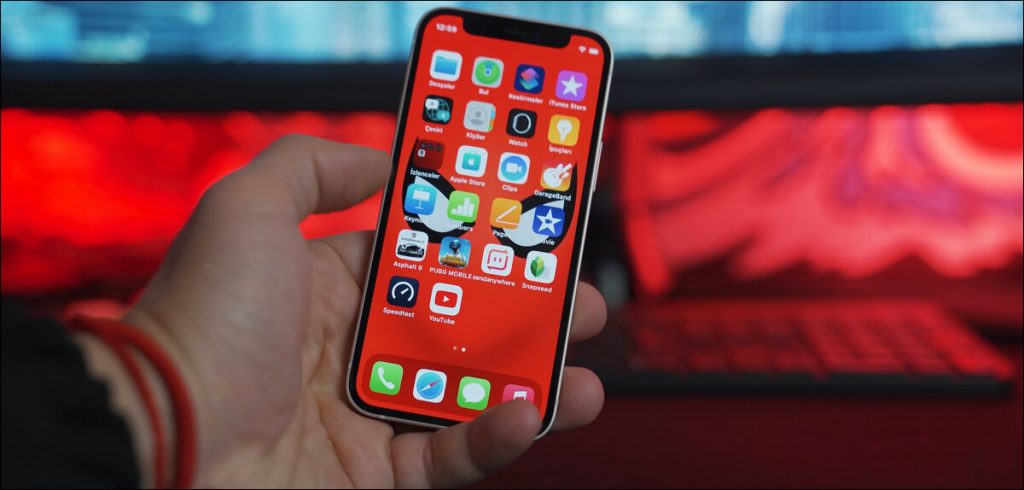The days of an app doing only one thing seem to be over as big tech companies – X, TikTok, YouTube, Facebook and even Amazon – push for super-apps writes Satyen K. Bordoloi.
20 years from now, this is the fable kids will sleep to. Once upon a time, when apps were first invented, they could do only one thing. Thus, people’s phones were crammed with hundreds of apps. Then came the modern era, and out emerged apps of power, ones that would rule the smaller apps and do multiple tasks inside one application.
But, the kids won’t fall asleep, as they’ll laugh at this idea: an application on your phone to do just one thing: how dumb is that?
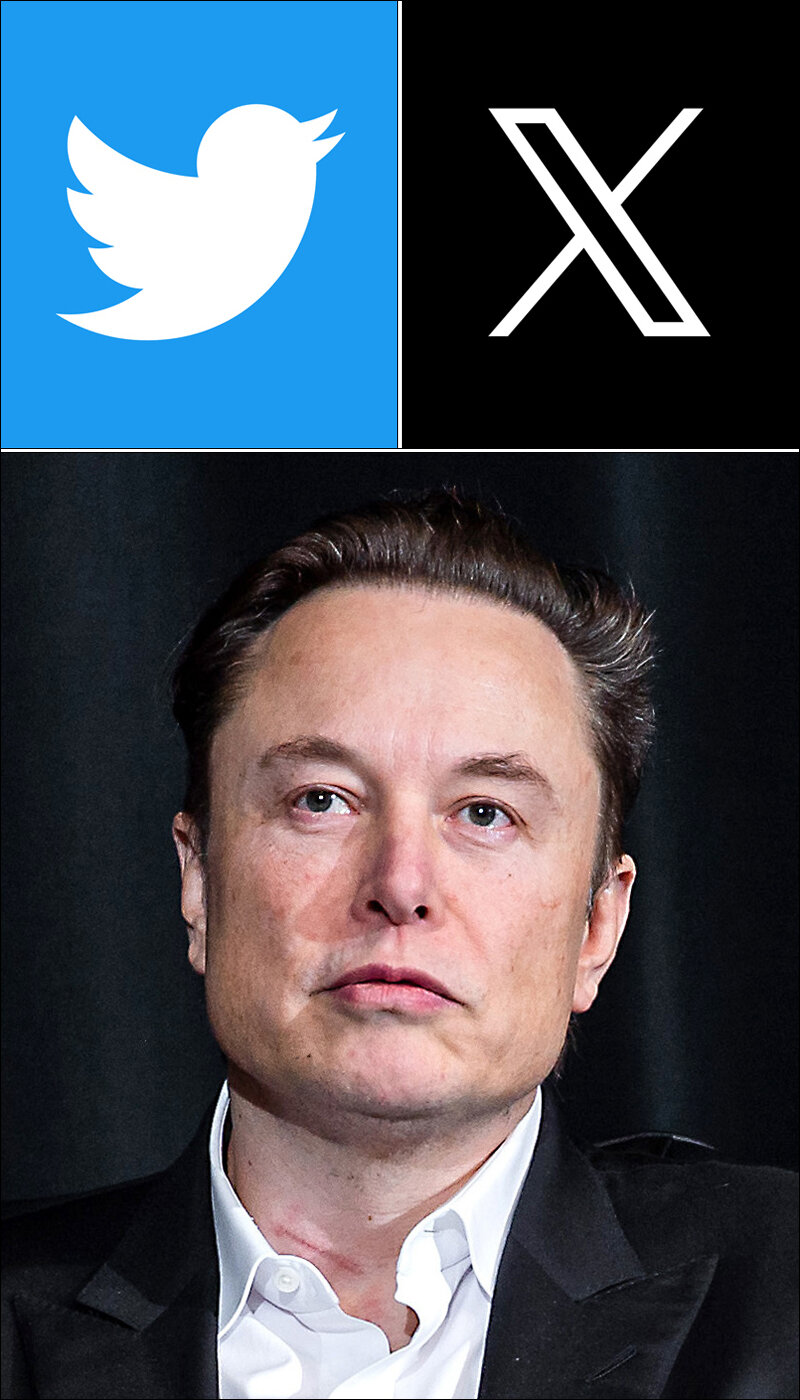
(Image Credit: Wikipedia)
This is the trend in the tech world today. Remember the fun, small video creation app TikTok banned in India? It is growing into a merchant app that is selling things. Feeling threatened by this, Amazon is trying to go the TikTok way, allowing users to create their own videos. Elon Musk, if he manages to keep X afloat despite his shenanigans, wants to turn the old Twitter into a super-app that you can do everything in. WhatsApp is no longer just a messaging app as you can transact money, and share images, videos and links as ‘stories’ like a typical social media app.
The desire to do more is evident even in hardware. Google does not just want to do search. It’s also making phones and laptops. Facebook is done with being just an app for friends and is making VR sets and betting big into becoming a productivity suite provider like Microsoft. Apple is trying to get into healthcare desperately. Why, even our own desi Reliance from Mukesh Ambani is into so many things in the digital space that it’ll make your head spin: from their own phones to VR sets.

(Image Credit: Wikipedia)
And let’s not forget, all these companies are also competing with each other – and OpenAI – to become a leader in generative artificial intelligence.
So, what is happening? Why does everyone want to do everything, and turn their app into the everything app? The bigger question: will they succeed?
A NEW BUSINESS MODEL:
When we think of these modern companies, we think they are married to providing one particular service: Google is search, Facebook is the place to find ancient school connections, Apple makes great phones and laptops etc. This is part of the truth, not the whole one. These companies begin with an original, genuine idea of helping people, creating things, making things or finding them. But we forget, from the original idea, they evolve into corporates whose primary goal and primal desire beyond this first initial altruistic impulse, is profit. This is more so after a company goes public.
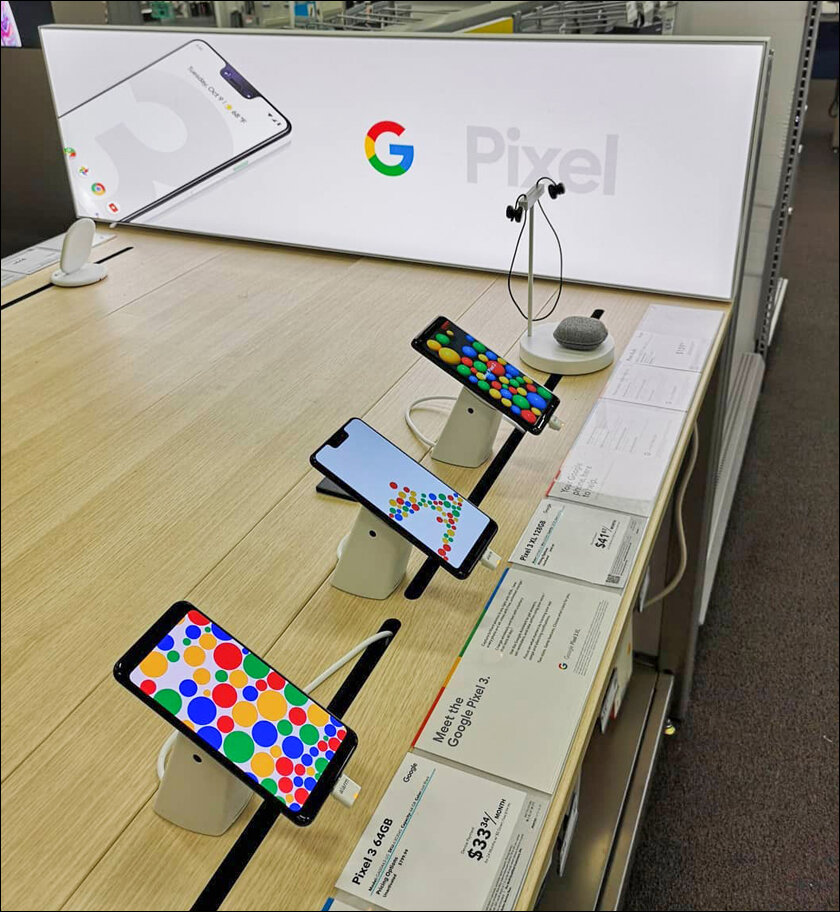
The board of directors sit atop the heads of those who run the companies with one objective: how to make and maximise profits. That’s it. That is their brief. Passion, commitment, and service to others are talking points for conferences and interviews. Deep down though, inside the boardrooms, profit is the primary driver. Thus, when TikTok sees that other companies are getting a fillip thanks to promotional videos its content creators make on the platform, it wonders why can’t it do both.
A few months ago, if you saw something promoted by TikTok influencers and wanted to buy it, you’d have to get out of the app, go to another like Amazon and buy it there. TikTok saw both a loss for them as a person had to leave the app and an opportunity: what if they could make it so that people could buy directly from TikTok? So, they built a marketplace on the very app and are selling $ 5 million worth of goods every month with plans to expand exponentially.
This is, naturally, a threat to Amazon. They are the world’s largest seller’s platform but if they can’t keep people on their app long enough, they’ll lose out. Their old ploy was the Prime video channel where you could see quality content. But now, they seem to be pivoting towards the creator economy. They have begun letting people post small, entertaining videos about the products they use on Amazon.com. This is not just your review videos under a product, but separately from it as well. One suspects this is just the start.
Where does this idea of diversifying, and doing more than your niche area come from? The answer to that, for a change, lies Eastwards, in China that houses the mother of all super-apps: WeChat.

THE MOTHER OF ALL SUPERAPPS:
WeChat is to China what.. well, there is no other comparable example anywhere in the world. WeChat is unique. Think of what you can do in it. As the name suggests, you can chat with family and friends via text, audio and video. You can broadcast messages like a social media app, use it for video conferencing, play games, make short videos, use it for payment, use it as a productivity app etc. And most of all the app has something called Mini-Programs under which it allows third-party developers to create their own app inside WeChat.
To put it simply: WeChat can do everything that WhatsApp, Twitter, Instagram, Zoom, PayTM and a hundred other popular apps can do. And with 3.5 million mini-programs, WeChat is not just an app, but an app store like Google’s Play Store or Apple App Store.

I asked ChatGPT to “write me a rap about all the things a user can do on the Chinese App WeChat” and it came out with a 48-line verse including these chorus lines:
WeChat, WeChat, what can you do?
Endless possibilities, let me share a clue.
Messaging, payments, and much more, it’s true,
WeChat’s the app that’s got it all for you!
WeChat is the everything, everywhere all at once of mobile apps. It is useful and powerful and has the whole of China sucking its thumb at its command. And did I mention it is profitable? The point is thus this: who in their right mind wouldn’t want to be like WeChat? The question is: who can?
WHAT DOES IT TAKE TO BUILD A SUPER-APP:
There are only two things required to build a super-app: desire and money. The desire bit can be little, but the money bit has to be a lot. And the only ones with such deep pockets are the big tech giants.
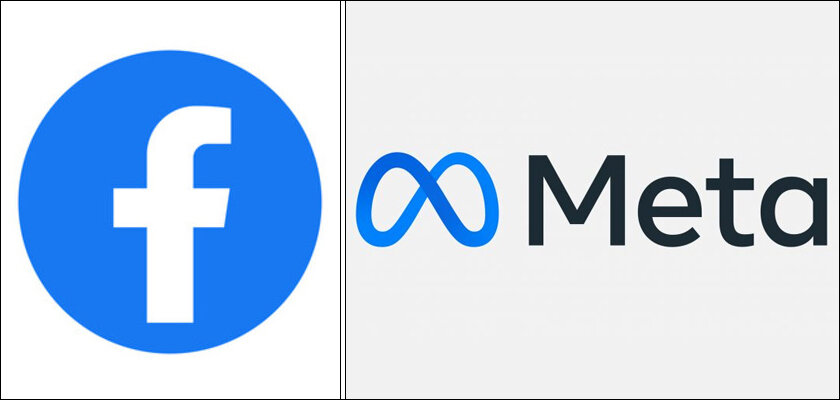
Think for a moment about what you’d do if you were a Google or a Facebook and an OpenAI came up with a ChatGPT. Everyone is busy writing your obituary. What does Facebook do – besides changing its name to Meta? How do these giants grow further still? Being the world’s first Trillion-dollar company is not enough for Apple. The board is pushing for it to become the world’s first 2 trillion-dollar company. If you were any of them, constantly needing to grow to satisfy your hungry shareholders, you’d be looking for ways not just to expand, but diversify. What better way to do that than to build a super-app that can do what your competitors do?
That is also the reason companies buy other, smaller startups. Facebook brought WhatsApp and Instagram. Google has bought a whole host of companies in the last 20 years which has helped it retain its market dominance and expand into other areas. So have most other big companies, from Microsoft to Amazon. But these are all piecemeal ideas. What they want to do today, is to have it all under one roof.
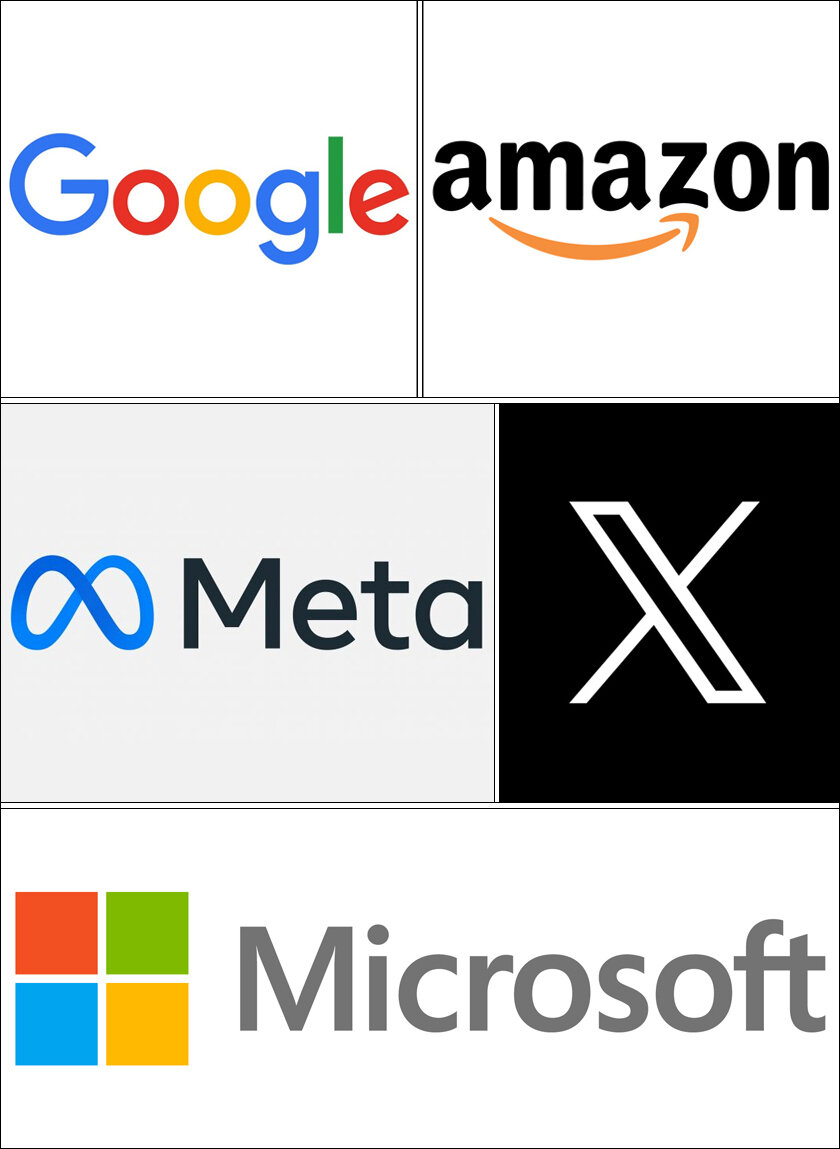
(Image Credit: Wikipedia)
Of course, it’s easier said than done. Yet, ironically, it’s not the Silicon Valley giants who are best placed to replicate a WeChat, but someone like Reliance in India. That’s because India’s anti-competitive laws are lax or non-existent. Thus, a Jio is allowed to enter the market with its deep pockets and in a few years decimate the competition turning India from a multiple mobile service provider nation to an effective duopoly. That it is detrimental to the consumer eventually is being realised now when it is too late. It is not so easy to do the same in the Western world.
The USA’s Federal Trade Commission has the Bureau of Competition that strictly enforces the nation’s antitrust laws with the intention to protect the interests of consumers. Under President Biden, it has become doubly efficient and has cracked down on a lot of these big tech giants, preventing them from becoming the only game in town. There are already talks of breaking down each of the big companies – Google, Meta, Apple, Amazon, Microsoft – into separate smaller ones.
That doesn’t mean these companies do not dream of becoming a WeChat. The push towards it is hard and fast. And if they indeed have their way, the day is not far when we’ll literally laugh at the innocent days when one app could only do one thing.
In case you missed:
- Beyond the Hype: The Spectacular, Stumbling Evolution of Digital Eyewear
- In Meta’s Automated Ad Creation Plan, A Fully Transformed Ad World
- Forget Smart Homes – Welcome to Your ‘Feeling’ Home
- Greatest irony of the AI age: Humans being increasingly hired to clean AI slop
- Why the Alleged, Upcoming AI Crash Is Never Going To Happen
- The AI Prophecies: How Page, Musk, Bezos, Pichai, Huang Predicted 2025 – But Didn’t See It Like AI Is Today
- Manufacturing Consent In The Age of AI: Simple Bots Play
- One Year of No-camera Filmmaking: How AI Rewrote Rules of Cinema Forever
- Deep Impact: How Cheap AI like DeepSeek Could Upend Capitalism
- DeepSeek not the only Chinese model to upset AI-pple cart; here’s dozen more




